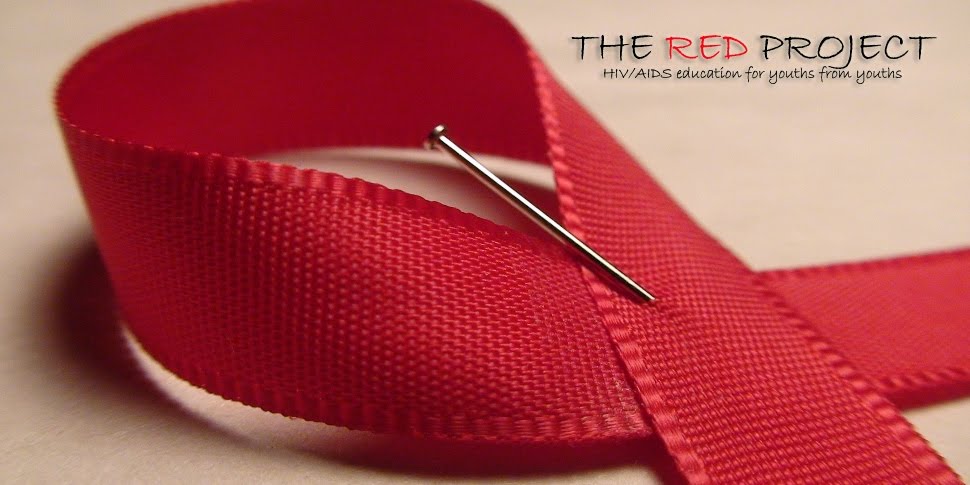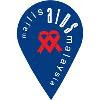Tuesday, January 8, 2008
Carl, a 19-year-old Prince George's County resident, spoke with reporter Susan Levine about finding out that he was HIV-positive -- and about his life after the diagnosis. Excerpts from that conversation:
THIS STORY
Teen Voices of AIDS
A Young Man Learns to 'Embrace' His HIV Status: A Young Man Learns to 'Embrace' His HIV Status
I've now been diagnosed for two years. Well, not two years, going on two years. January 13th. I found out on January 13th, 2006. It was Friday the 13th. I never forget, Friday the 13th, what a horrible day to find out . . .
I do not know when or where I was infected. . . . All I can give is a time period, an estimated time period anywhere between the ages of 15 and 16.
If you are what they call an at-risk person, the average teen, you kind of know, you've got to know, you have a feeling, look, I'm doing certain things, I'm living a certain lifestyle that can be damaging in the future.
So kind of by the age of 17, I started thinking, you know, all my friends kept saying, we're all gonna go get tested, and we should all get tested together, but I lived with a certain fear because, a fear of knowing. You know, I kind of said to myself, I think I might have it, but I'm not sure.
To me, at the time, at the time, not knowing was waaaay better than knowing. Because if I didn't know, I did not have to deal with the pressures or, for lack of understanding at the time, you know, ending my life. You know, it was like a death thing, what I thought at the time.
I was very uneducated about the subject. You know, when things came up on TV about AIDS or HIV, when they talked about it in school, I kind of ran away from it. You know, cut the channel, cover my eyes, 'cause I was scared of, I was scared of the facts, I didn't want to know the facts, I wanted to stay ignorant to the subject . . . because as long as I was ignorant to the subject, I thought, Okay, I'm fine.
That kept me sane. I'm thinking, If I don't know anything about it, I'm fine. But if I knew what was going on, it made me feel more and more guilty about the things I was doing as a teenager.
I was afraid my mom was going to throw me out, she was going to disown me as her child. . . . I did not know what the outcomes could be, you know. We didn't grow up with the best of relationships, so I didn't know how she was going to feel if I was positive.
The bad part about it is that my mom was just as ignorant on the subject as I was. So when we got home, it was a circus, you know. She made me eat off of paper plates, eat from paper products. You know, I couldn't, like I said, I had three other brothers and sisters. I couldn't share any, any, you know, knives, forks, spoons that they shared. I drank from paper cups, paper knives, ate off of paper plates. Everything was separate.
It really hurt me, it really hurt me. Like I really pushed myself away from the family.
Over the past two years, I've grown a lot. I've become educated, I've become educated on the subject through my doctors, my social workers. . . . I've really become one with who I am, and I've embraced being HIV-positive. Sometimes I even forget I have it. I live a normal life. Like I say, I'm a college student. I have normal bills, normal student loans. . . . I live a life of a teenager.
Teenagers start rumors. So I had rumors from everywhere: I was starving my soul. I was bulimic. And then the big thing came out: Everyone said Carl had AIDS. The big rumor came out about Carl having AIDS.
I used to have pity parties for myself. You know, that was the hardest part. I would have a weekly pity party, where I would go and I would sob and it would be sob, play the blame game, feel sorry for myself. I don't have those anymore.
I've changed my sexual patterns and my sexual behavior, um, where at first I was afraid to ask for condoms.
I use them, I'm not afraid to use them.
To me, it's a part of you. It's like anything that's a part of you, from a scar on your hand . . . it's something you have to live with. It's something you have to say to yourself: "Am I gonna let this scar on my face control who I am as a person? Am I gonna let cancer dictate my life?"
As I said to myself, "Am I gonna let HIV define who I am as a person?" And I said to myself, "No, no, I'm not." Yes, I've seen people die of HIV, and I've heard the stories of people dying at a young age. But I've also heard the stories of healthy people who live long, healthy lives, who lived into their 40s or even into their 50s or late 30s, who took care of their selves and accomplished everything they wanted in life, you know.
Teens should know that HIV is real. And I think, you know, no matter how many commercials you put, how many billboards you put up, how many posters, how many people come to your school and talk, they need to know that it's real and it's out there. A lot of teens are naive to certain things. I know I was naive. . . . It's like . . . it's not gonna happen to me. And finally, when it happens, it's reality.
Let me tell you: The closest thing I got to HIV education in school, I don't even remember talking about HIV in health class. . . . A little segment in health class on what they called at the time STDs, that's about it. We didn't focus on HIV and AIDS in school, which to me is sad.
My parents and adults, they didn't think HIV is real in teenagers. It's like teenagers don't think HIV is real in the adults, parents don't want to believe that HIV is real in teenagers.
The way I was living, it took me getting HIV to turn my life around.
I think my main message to another teenager, one who would be at risk or not at risk: HIV is alive, is real. If it can happen to me, it can happen to you or can happen to your friend, your BFF, your boyfriend, your girlfriend. It's alive.
Carl spoke with The Post on condition that his last name not be used.
adapted from :






